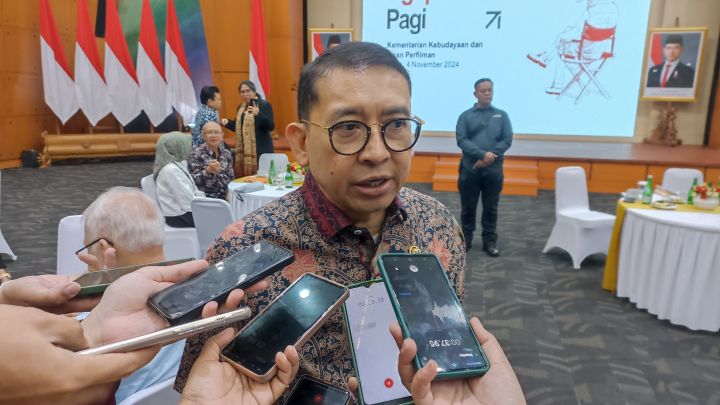Jakarta: storm over culture minister’s ‘denial’ of the rapes of May 1998
The reference is to the ‘national tragedy’ that mainly affected Chinese-Indonesian women and ended with the resignation of then-President Suharto. For Fadli Zon, the allegations of sexual violence are ‘unproven’. Protests at home and abroad. The Commission recalls the findings of the investigation, which are ‘official documents’ of the state.
Jakarta (AsiaNews) - The controversy sparked by remarks made by Indonesia's culture minister has now spread beyond the country's borders and is increasingly becoming an international issue. The controversy was sparked by Fadli Zon, who rejected accusations of mass rape of Chinese-Indonesian women during the May 1998 riots - a “national tragedy” that ended with the ousting of then-President Haji Mohammad Suharto - calling them “mere speculation.” These statements are all the more serious because they were made by one of President Prabowo Subianto's loyalists, who was one of his closest associates for decades, well before he rose to the highest office in the state.
In a statement released last week, Zon said that allegations of mass sexual violence during the riots between May 13 and 15, 1998, were in fact “unproven” and that investigations and reports had not presented conclusive evidence. The minister then cited the lack of verifiable data - such as the identity of the victims, the times, places and perpetrators - both in media investigations and in the findings of the joint commission of inquiry (Tgpf) set up by the government.
Zon finally denied that he had downplayed the reality of sexual violence, stating that his comments were intended to emphasize the need for legal and academic rigor in historical narratives. “History,” he said, “must be based on legal and academic evidence, especially when dealing with problematic data and terminology,” before defending the Ministry of Culture's initiative to revise the national history curriculum. He also rejected accusations that the updated history texts omit women's accounts and testimonies or downplay human rights violations.
The minister's words sparked controversy and harsh criticism, fueling widespread public outrage. Indonesian students and diaspora communities in the Netherlands condemned the statements, describing them as a distortion of historical truth and a dangerous step toward erasing the atrocities of the past. During a meeting at the Indonesian embassy in The Hague, demonstrators demanded a public apology and retraction, warning that such denial undermines efforts to recognize and address 12 unresolved cases of serious human rights violations.
The director of Amnesty International Indonesia, Usman Hamid, joined the chorus of criticism, speaking of deliberate denial. “To call the mass rapes of the May 1998 Tragedy a rumor is not only inaccurate, but also irresponsible,” Usman said during a press conference held by a group of Indonesian women on Friday, June 13. The Civil Society Coalition Against Impunity, which includes 547 organizations and individuals, called Zon's remarks a manipulation of history. “It is an attempt,” KontraS said in a statement released on June 15, “to obscure the truth and belittle efforts to reveal the reality of gender-based violence during the 1998 humanitarian tragedy.”
The National Commission on Violence Against Women (Komnas Perempuan) also reacted strongly, criticizing the minister. Commissioner Yuni Asriyanti said that denying the sexual violence of 1998 is tantamount to betraying the victims and hindering their healing. “We urge the minister to retract his statement and issue a public apology to the survivors and the public as an act of moral responsibility and commitment to human rights,” Yuni said yesterday. Komnas Perempuan then recalled the official findings of the commission (Tgpf), which documented 85 cases of sexual violence, including 52 rapes, during the May 1998 riots. There is therefore sufficient preliminary evidence to classify the events as crimes against humanity under Law No. 26 of 2000 on human rights courts. "The survivors have carried this burden in silence for too long. Such denial is not only painful, but prolongs impunity," said Komnas Perempuan commissioner Dahlia Madanih. Finally, it should be noted that the commission's conclusions are official state documents.







.png)










